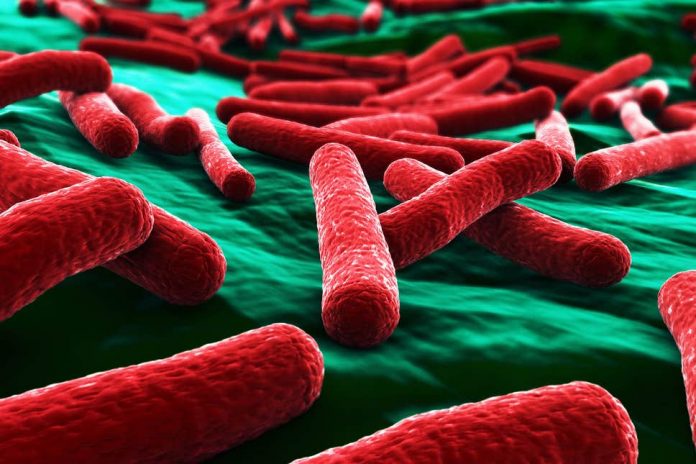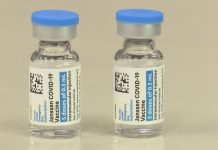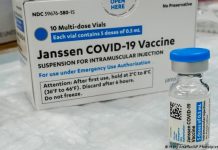For several years researchers have been documenting distinct associations between gut microbiome patterns and instances of bowel cancer. A new study is now offering the first direct causal evidence linking particular bacteria with the development of cancer, finding DNA mutations in some colorectal tumors are caused by a toxin from a strain of gut bacteria.
Imbalances in the gut microbiome have long been observationally linked to the development of bowel cancer, but researchers have only hypothesized exactly how certain gut bacteria could be contributing to the disease. To home in on potential causal mechanisms, an international team of researchers began investigating a specific strain of gut bacteria known to produce a particular toxin.
Prior study had revealed some strains of E. coli gut bacteria produce a toxin called colibactin. This toxin has previously been shown to trigger DNA damage in lab cell tests, so the current research set out to explore whether this same damage could be found in intestinal cells, and subsequently colon tumors.
The first step in the research was to use intestinal organoids to explore whether E. coli producing colibactin causes DNA damage. Organoids are essentially tiny replicas of human organs that can be grown in labs and used to study prospective treatments for a variety of diseases.
After around five months of exposure to the colibactin-producing E. coli, the researchers detected double the DNA damage in the organoids, compared to those cells exposed to a strain of E. coli that doesn’t produce colibactin. The DNA damage triggered by the colibactin was found to follow very specific patterns, allowing the researchers to then explore whether these patterns could be seen in bowel cancer tumor samples.
A subsequent analysis of over more than 2000 bowel cancer samples revealed the specific colibactin-induced DNA damage present in almost 5 percent of tumors. This suggests the gut bacteria produced toxin is playing some kind of role in the development of about 1 in 20 cases of bowel cancer.
“Things like tobacco or UV light are known to cause specific patterns of DNA damage, and these fingerprints can tell us a lot about past exposures that may have caused cancer to start,” explains Hans Clevers, a corresponding author on the new study. “But this is the first time we’ve seen such a distinctive pattern of DNA damage in bowel cancer, which has been caused by a bacterium that lives in our gut.”
It is still too early to suggest this particular mechanism is entirely responsible for some bowel cancers, but the researchers do suggest a test could be developed to detect the presence of colibactin-induced DNA damage in gut cells. This may help identify those individuals at the greatest risk of developing bowel cancer.
“Our goal is to find a way to identify and target these high-risk toxin carrying bacteria before they cause too much damage,” says Philip Quirke, a University of Leeds researcher working on the study. “It may help some people avoid bowel cancer entirely, which would be the ideal outcome. We may also be able to find other toxins to increase the number of people we can help in the future.”
Questions have been raised by this new research over the safety of probiotic supplements containing bacteria known to produce colibactin. While the particular strain of E. coli used in the study is not administered as a probiotic, a popular probiotic strain known as E. coli nissle is known to produce colibactin.
E. coli nissle has been safely administered as a probiotic for a century, however, Hans Clevers is calling for new clinical studies to evaluate the overall therapeutic benefits of these colibactin-producing probiotics.
“There are probiotics currently on the market that contain genotoxic strains of E. coli,” says Clevers. “Some of these probiotics are also used in clinical trials as we speak. These E. coli strains should be critically re-evaluated in the lab. Though they may provide relief for some bodily discomfort in the short term, these probiotics could lead to cancer decades after the treatment”.













